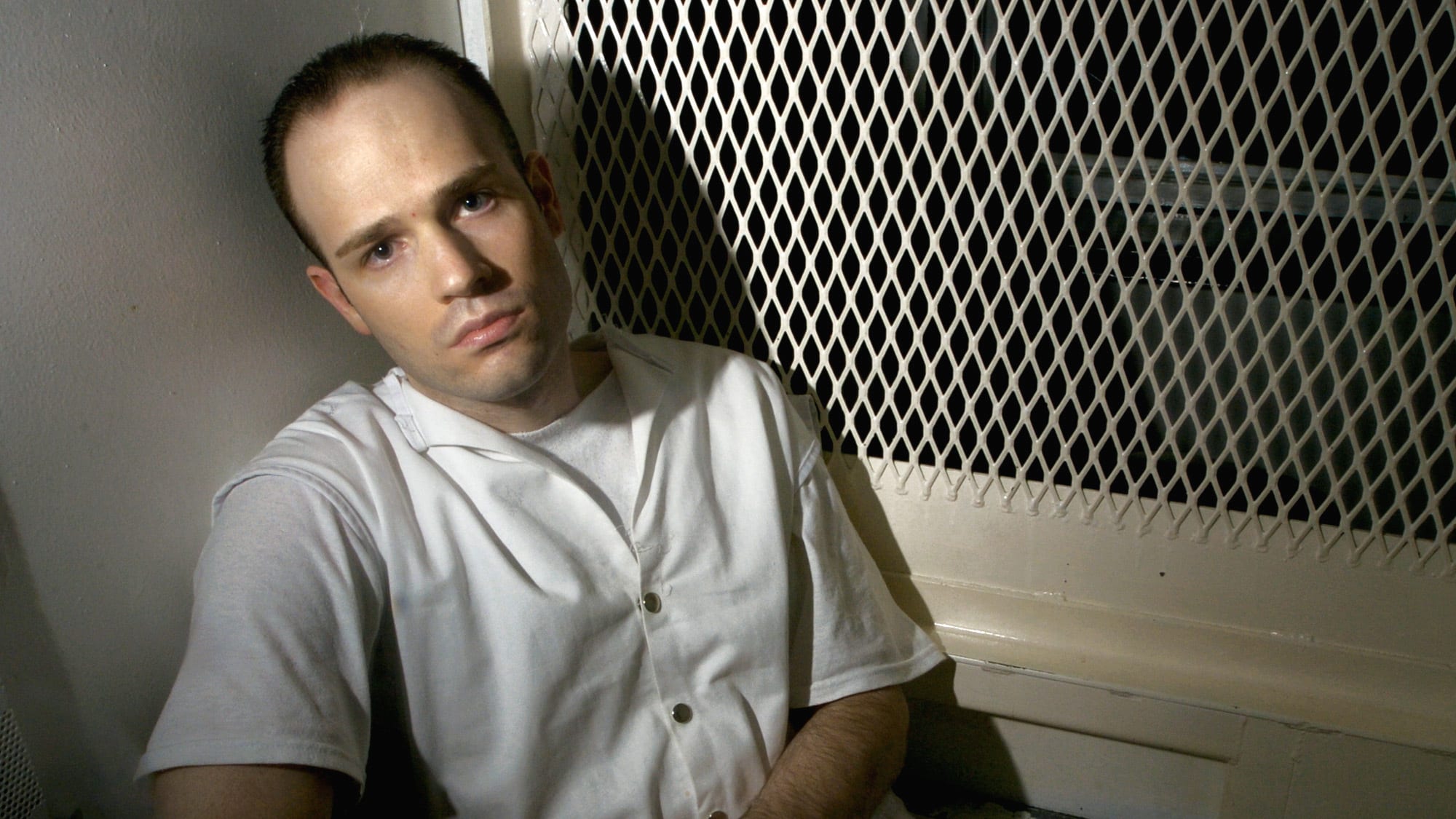Jewish death row inmate in Texas could get new trial after judge is accused of being antisemitic


A free daily email with the biggest news stories of the day – and the best features from TheWeek.com
You are now subscribed
Your newsletter sign-up was successful
A district judge in Texas ruled on Monday that Randy Halprin, a Jewish death row inmate, is entitled to a new trial, after the judge who sentenced him was accused of antisemitism.
It is now up to Texas' highest criminal court to decide whether Halprin, 44, will receive a new trial.
In December 2000, Halprin was serving a 30-year sentence for felony injury to a child. He escaped with six other inmates, and while on the run, they robbed a sporting goods store in Irving, Texas. The inmates shot and killed a police officer who responded to the robbery; within a few weeks, six were captured and the other one died by suicide. All six were tried separately and sentenced to death, with Judge Vickers Cunningham overseeing the trials of Halprin and four other inmates.
The Week
Escape your echo chamber. Get the facts behind the news, plus analysis from multiple perspectives.

Sign up for The Week's Free Newsletters
From our morning news briefing to a weekly Good News Newsletter, get the best of The Week delivered directly to your inbox.
From our morning news briefing to a weekly Good News Newsletter, get the best of The Week delivered directly to your inbox.
In 2019, Halprin petitioned for a new trial, accusing Cunningham of being antisemitic and referring to him as a "f---king Jew." A year earlier, when Cunningham entered the Republican primary for a Dallas County commissioner's seat, campaign workers went on the record saying they heard Cunningham use the N-word. Cunningham's estranged brother, who is gay and married to a Black man, described him as a bigot who set up a trust fund so his children could only have the money if they married white, Christian people of the opposite sex. Cunningham denied being racist, but said he did set up the trust in such a way because he "strongly support[s] traditional family values."
Less than a week before he was to be put to death, Halprin's execution was put on pause, and Dallas Criminal District Judge Lela Mays was put in charge of determining whether he should have a new trial. In her Monday ruling, Mays wrote that she found Cunningham "harbored actual, subjective bias against Halprin because Halprin is a Jew, and that Judge Cunningham's antisemitic prejudices created an objectively intolerable risk of bias." A new fair trial, she added, is "the only remedy."
Prosecutors who tried Halprin's case have condemned Cunningham's alleged comments but said Halprin still received a fair trial.
A free daily email with the biggest news stories of the day – and the best features from TheWeek.com
Catherine Garcia has worked as a senior writer at The Week since 2014. Her writing and reporting have appeared in Entertainment Weekly, The New York Times, Wirecutter, NBC News and "The Book of Jezebel," among others. She's a graduate of the University of Redlands and the Columbia University Graduate School of Journalism.
-
 The Olympic timekeepers keeping the Games on track
The Olympic timekeepers keeping the Games on trackUnder the Radar Swiss watchmaking giant Omega has been at the finish line of every Olympic Games for nearly 100 years
-
 Will increasing tensions with Iran boil over into war?
Will increasing tensions with Iran boil over into war?Today’s Big Question President Donald Trump has recently been threatening the country
-
 Corruption: The spy sheikh and the president
Corruption: The spy sheikh and the presidentFeature Trump is at the center of another scandal
-
 The countries around the world without jury trials
The countries around the world without jury trialsThe Explainer Legal systems in much of continental Europe and Asia do not rely on randomly selected members of the public
-
 ABC News to pay $15M in Trump defamation suit
ABC News to pay $15M in Trump defamation suitSpeed Read The lawsuit stemmed from George Stephanopoulos' on-air assertion that Trump was found liable for raping writer E. Jean Carroll
-
 Judge blocks Louisiana 10 Commandments law
Judge blocks Louisiana 10 Commandments lawSpeed Read U.S. District Judge John deGravelles ruled that a law ordering schools to display the Ten Commandments in classrooms was unconstitutional
-
 ATF finalizes rule to close 'gun show loophole'
ATF finalizes rule to close 'gun show loophole'Speed Read Biden moves to expand background checks for gun buyers
-
 Hong Kong passes tough new security law
Hong Kong passes tough new security lawSpeed Read It will allow the government to further suppress all forms of dissent
-
 France enshrines abortion rights in constitution
France enshrines abortion rights in constitutionspeed read It became the first country to make abortion a constitutional right
-
 Texas executes man despite contested evidence
Texas executes man despite contested evidenceSpeed Read Texas rejected calls for a rehearing of Ivan Cantu's case amid recanted testimony and allegations of suppressed exculpatory evidence
-
 Supreme Court wary of state social media regulations
Supreme Court wary of state social media regulationsSpeed Read A majority of justices appeared skeptical that Texas and Florida were lawfully protecting the free speech rights of users
